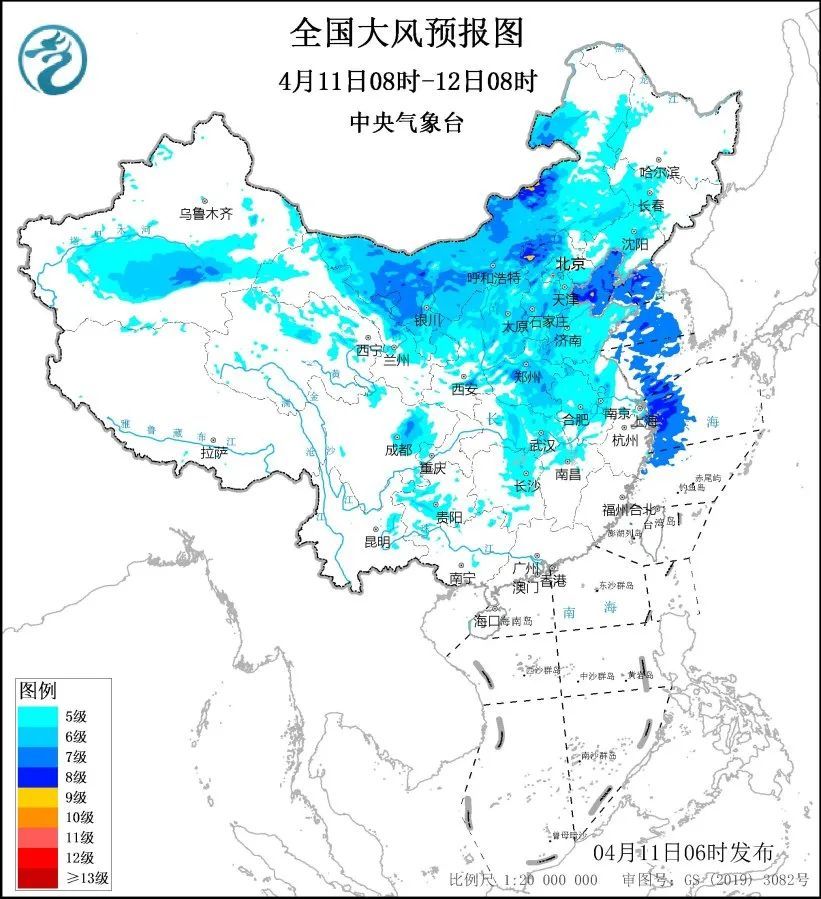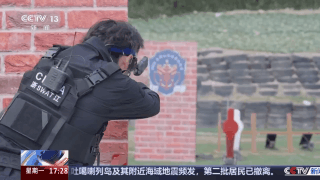China's sacrifices should always be remembered
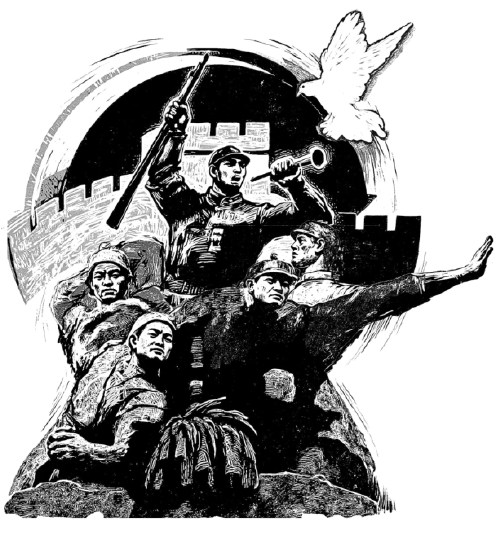
MA XUEJING/CHINA DAILY。
Editor's note: With global tensions rising and regional conflicts showing no signs of ending, it has become more urgent than ever to understand the root causes of war. Wang Jianlang, president of the Chinese Society for the History of the War of Resistance Against Japanese Aggression, reflects on some overlooked aspects of World War II — its real starting point, China's under-recognized contribution, and why the principle of "indivisible peace" remains vital today. Wang also warns against populism and historical amnesia in an in-depth conversation with China Daily's Liu Jianna for Dialogues with Thinkers, China Daily's high-end interview program. Following are excerpts from the interview:。
Q1: How should the world reflect on World War II amid the ongoing regional conflicts in order to prevent new wars?
A: We are witnessing a turbulent era of global change. While we may not yet be on the brink of a third world war, the current global environment is arguably the most chaotic in the 80 years since the end of World War II. International rules and norms are being repeatedly violated, increasing the risks of a global war.。
In such times, it is crucial to learn from the experiences of World War II. The prelude to that war showed how incremental aggression, if unchecked, could spiral into a global catastrophe. The world failed to respond decisively to early acts of aggression, which ultimately emboldened the Axis powers. Japan's occupation of Northeast China, Germany's expansion into Austria and Czechoslovakia were all warning signs.。
Today, our ability to prevent another global war hinges on our willingness to uphold international norms, support multilateral institutions, and collectively and decisively respond to emerging threats. History warns us that inaction and appeasement are often enablers of war.。
Q2: Why should we reconsider the starting point of World War II?
A: Traditionally, World War II is considered to have begun in 1939 with Germany's invasion of Poland. This Euro-centric perspective has dominated mainstream history. However, decades of research suggest the war had two major origins: Europe and East Asia.。
Japan's invasion of Northeast China in 1931 — commonly known as the "Sept 18 Incident" — was a prelude to World War II. But the world at that time failed to recognize its global implications, which led to a long and brutal campaign that eventually evolved into a full-scale war in 1937.。
If we consider the Axis powers collectively as the initiators of World War II, then Japan's invasion of Northeast China in 1931 marked the opening act of the conflict, while its full-scale invasion of China in 1937 should be recognized as the true starting point of the war. Recognizing this broader timeline will not diminish European experiences but rather complete the full global picture of the war, because World War II was not a single-front conflict but a worldwide fight against fascism, shaped by multiple triggers and theaters of violence.。
Q3: What key lessons from World War II should we always remember?
A: One of the most important lessons is the danger of appeasement and inaction in the face of early aggression. Before 1937, as Japan escalated its aggression into a full-scale invasion of China, the international community largely limited its response to expressions of sympathy, offering little in the way of concrete support. The lack of action to curb Japan's ambitions failed to deter Japan's expansion, which continued to intensify in the following years.。
Similarly, in Europe, the 1938 Munich Agreement — where Great Britain and France conceded Czechoslovak territory to Nazi Germany — demonstrated how granting repeated concessions could backfire. Germany and Japan both interpreted these diplomatic compromises as a green light to intensify their aggressive campaigns.。
Another crucial lesson is the concept of "peace is indivisible". In the 1930s, major powers such as the United States viewed regional wars in Asia as irrelevant to their own national security. It wasn't until the industrial Western powers were attacked and a global alliance was formed that the importance of world peace became undeniable.。
This idea is part of the foundation of international relations. The threat to peace in one region must be seen as a threat to global peace and stability, which warrants collective and timely action. Only by adhering to this principle can we prevent regional conflicts from turning into global wars.。
Q4: How did China contribute strategically to the global anti-fascist war?
A: China's role in the global fight against fascism has often been undervalued, partly because it was not an industrial power like the US, Great Britain or the Soviet Union. Nonetheless, China's strategic contributions were immense.。
Despite the vast disparity in economic and military capabilities — China's GDP was less than a quarter and steel production less than 1 percent of Japan — China resisted Japanese aggression for 14 years, which includes eight years of full-scale war. It was a prolonged and costly resistance.。
China tied down more than 1 million Japanese troops on the Asian mainland, significantly easing pressure on Allied forces in the Pacific. Nearly 700,000 Japanese troops were engaged in Northeast China, preventing Japan from launching attacks on the Soviet Union's eastern front. This protected the Soviet Union in the east while it engaged in a brutal conflict with Nazi Germany in the west.。
Moreover, Chinese forces fought in foreign theaters such as Myanmar, contributing to the broader Allied victory. These sacrifices and strategic contributions earned China recognition as one of the "Big Four" Allied powers and a permanent seat in the UN Security Council. China's endurance and resistance were pivotal to the global outcome of the war.。
Q5: Why should the 1937 Lugou Bridge Incident be seen as a starting point of World War II?
A: While 1931 marked the beginning of a regional war of resistance against Japanese aggression, the Lugou Bridge Incident on July 7, 1937, signaled the onset of full-scale war between China and Japan.。
If we define World War II as a global war between expansionist powers and international resistance, then the 1937 invasion stands as a starting point of the war. Recognizing this helps correct the imbalance in Western narratives on the war, which often sideline the main Eastern battlefield's importance.。
By incorporating this perspective, we acknowledge that the war was not West-centric but part of a broader global breakdown of peace. It allows for a more nuanced understanding of the interconnectedness of global conflicts, and ensures that the experiences of Asian nations are not overlooked in the history of World War II.。
Q6: How should we see the roles of the Communist Party of China and Kuomintang during the Chinese People's War of Resistance Against Japanese Aggression?
A: Both the CPC and the KMT played vital roles in resisting Japanese aggression, operating on two major fronts: the enemy's rear and the main battlefield. Their contributions were complementary, even if political tensions between them persisted.。
When honoring wartime sacrifices, we should focus on the fact that all Chinese forces, regardless of their political affiliation, fought to defend the nation. Both the CPC and KMT soldiers are part of our shared memory of resistance and deserve equal recognition for their bravery. It's also important to resist overly politicized historical narratives that pit one side against the other. The reality is that their coordinated efforts helped sustain the national resistance despite extreme hardship. The legacy of these joint efforts should be a symbol of unity rather than division.。
Q7: Why must we remain vigilant against populist rhetoric and political manipulation?
A: World War II was not only a military conflict but also a political and psychological conflict. Both Nazi Germany and imperial Japan used mass propaganda to stir ultra-nationalism and justify their expansionist policies.。
Even today, in the age of information, populist leaders can distort facts and manipulate public sentiment. When emotions override reason, democratic systems can become vulnerable, and history shows how dangerous that can be.。
Preventing the resurgence of authoritarianism requires constant vigilance against those who use ultra-nationalism, fear and populism to polarize societies. The example of Hitler reminds us of how unchecked emotional mobilization can disable societal checks and balances, and lead to disaster.。
In this era dominated by social media echo chambers and algorithm-driven content, the danger is even greater. Populism can thrive in disinformation-prone environments, making it all the more essential to promote critical thinking and independent journalism.。
Q8: How did World War II lay the groundwork for today's global governance system?
A: After the end of World War II, the international community sought to prevent a recurrence of another global war by establishing a robust system of collective security, most notably through the United Nations. The concept of peace is indivisible became institutionalized; as a result any regional conflict can now be discussed at the UN Security Council.。
This legacy is not just symbolic. It reflects the hard-earned lesson that diplomacy and dialogue should take precedence over unilateral military actions. Today, maintaining the postwar world order is essential to maintain global stability.。
The idea that all conflicts — no matter how localized — can escalate and affect global peace shaped institutions like the UN and principles like the Responsibility to Protect. These frameworks are under strain today but remain vital.。
Recommitting to the spirit of postwar cooperation requires reforming and strengthening global institutions to reflect 21st-century realities, without losing sight of the lessons that led to their formation.。
Q9: Why has China's World War II narrative often been underrepresented globally?
A: Several factors have contributed to this narrative. First, during World War II, China was not an industrial power and, unlike its Western allies, lacked global influence. As a result, its contributions, though strategic and prolonged, did not receive equal attention in postwar narratives.。
Second, the dominant Euro-American focus in World War II historiography has often overlooked the significance of the main Eastern battlefield. But recent decades have seen a growing recognition of China's central role in resisting fascism.。
And third, ideological tensions during the Cold War further distorted historical representation. China's role was either politicized or sidelined depending on the prevailing geopolitical narrative. Only in recent decades has there been a scholarly shift toward a more balanced global account of World War II. Reframing historical narratives to include multiple perspectives is not about rewriting history; it's about completing it.。
Q10: Why does redefining the World War II narrative matter in today's geopolitical landscape?
A: Historical narratives shape contemporary perceptions and policies. Recognizing China's role in World War II reinforces its legitimacy as a founding member of the international order. It also highlights the importance of non-Western contributions to global peace.。
At a time when multilateralism is under strain and nationalism is on the rise, a more inclusive World War II narrative reminds us of the shared sacrifices that led to the formation of the current global system, and why it must be protected.。
Moreover, as new conflicts occur and historical accounts are often invoked to achieve political ends, a clearer understanding of how wars began — and how they were won — can guide better decision-making. Accurate, inclusive history is a cornerstone of peace and cooperation.。
To build a bright global future, we require a collective memory which should recognize that World War II was not only fought and won in Europe, but across continents, with shared sacrifices and the common hope for peace.。
Wang Jianlang, president of the Chinese Society for the History of the War of Resistance Against Japanese Aggression. The views don't necessarily represent those of China Daily.。
If you have a specific expertise, or would like to share your thought about our stories, then send us your writings at opinionchinadaily.com.cn, and commentchinadaily.com.cn.。
(责任编辑:热点)
-
公司聘婚恋主管 专门帮职工脱单 半年促成17对,诀窍是别催婚、不尬聊
 为独身搭档举行心思沙龙。 受访者供图)。湖北日报全媒记者 胡弦 通讯员 柯华林。郎维,和一切搭档的岗位都不相同,她的案头摆满了独身搭档的基本资料,每天研讨的就是怎么教他们脱单。她是劲牌公司聘任的榜首位
...[详细]
为独身搭档举行心思沙龙。 受访者供图)。湖北日报全媒记者 胡弦 通讯员 柯华林。郎维,和一切搭档的岗位都不相同,她的案头摆满了独身搭档的基本资料,每天研讨的就是怎么教他们脱单。她是劲牌公司聘任的榜首位
...[详细]
-
 当地时间7月6日,金砖国家领导人第十七次接见会面宣布里约热内卢宣言,主题为“加强全球南边协作,推进愈加容纳和可继续的全球管理”。宣言表明,金砖国家重申对金砖精力的许诺,在历年峰会效果基础上,将在扩展后
...[详细]
当地时间7月6日,金砖国家领导人第十七次接见会面宣布里约热内卢宣言,主题为“加强全球南边协作,推进愈加容纳和可继续的全球管理”。宣言表明,金砖国家重申对金砖精力的许诺,在历年峰会效果基础上,将在扩展后
...[详细]
-
 经颅磁影响与近红外脑功用成像联合运用,“看”清大脑,精准“治”脑。图源:湖北日报)。我国脑机接口技能采纳侵入式与非侵入式同步推进的战略,其间非侵入式技能已到达世界前沿水平。双手瘫痪的设计师用脑电波操控
...[详细]
经颅磁影响与近红外脑功用成像联合运用,“看”清大脑,精准“治”脑。图源:湖北日报)。我国脑机接口技能采纳侵入式与非侵入式同步推进的战略,其间非侵入式技能已到达世界前沿水平。双手瘫痪的设计师用脑电波操控
...[详细]
-
多元惠民行动落地:立异形式激活银发消费市场 多措并重提高养老服务质量
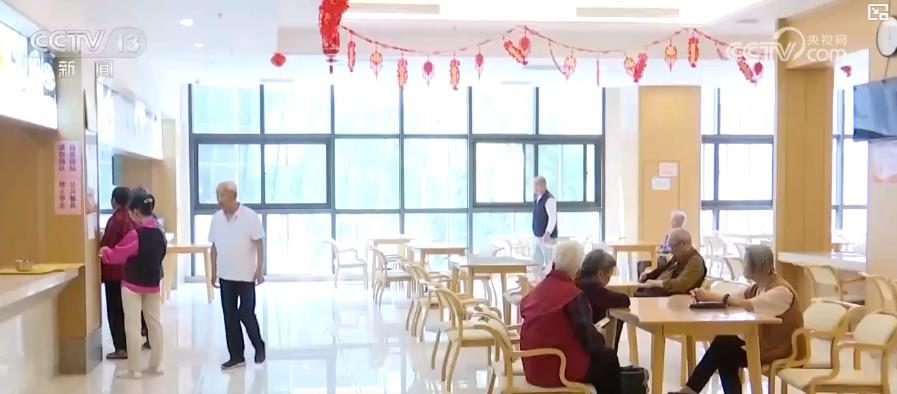 央视网音讯。:记者7月7日从民政部了解到,民政部、商务部于7月至12月举行全国“养老服务消费季”活动,活动以“惠老助老、质量日子”为主题,进一步促进养老服务消费,提高晚年人日子质量,更好推动养老工作工
...[详细]
央视网音讯。:记者7月7日从民政部了解到,民政部、商务部于7月至12月举行全国“养老服务消费季”活动,活动以“惠老助老、质量日子”为主题,进一步促进养老服务消费,提高晚年人日子质量,更好推动养老工作工
...[详细]
-
 新华社雅加达4月11日电 特写|中印尼工作教育协作助力印尼学子圆梦。新华社记者陶方伟。4月的印度尼西亚雅加达,阳光透过教育楼的窗户洒在一台台精细的智能制作设备上,机器的操出声与学生们火热的评论声此伏彼
...[详细]
新华社雅加达4月11日电 特写|中印尼工作教育协作助力印尼学子圆梦。新华社记者陶方伟。4月的印度尼西亚雅加达,阳光透过教育楼的窗户洒在一台台精细的智能制作设备上,机器的操出声与学生们火热的评论声此伏彼
...[详细]
-
极目帮办l女子称在“美吉”医美遇拼房圈套,当事医院否定,背面公司现身退回1.5万元
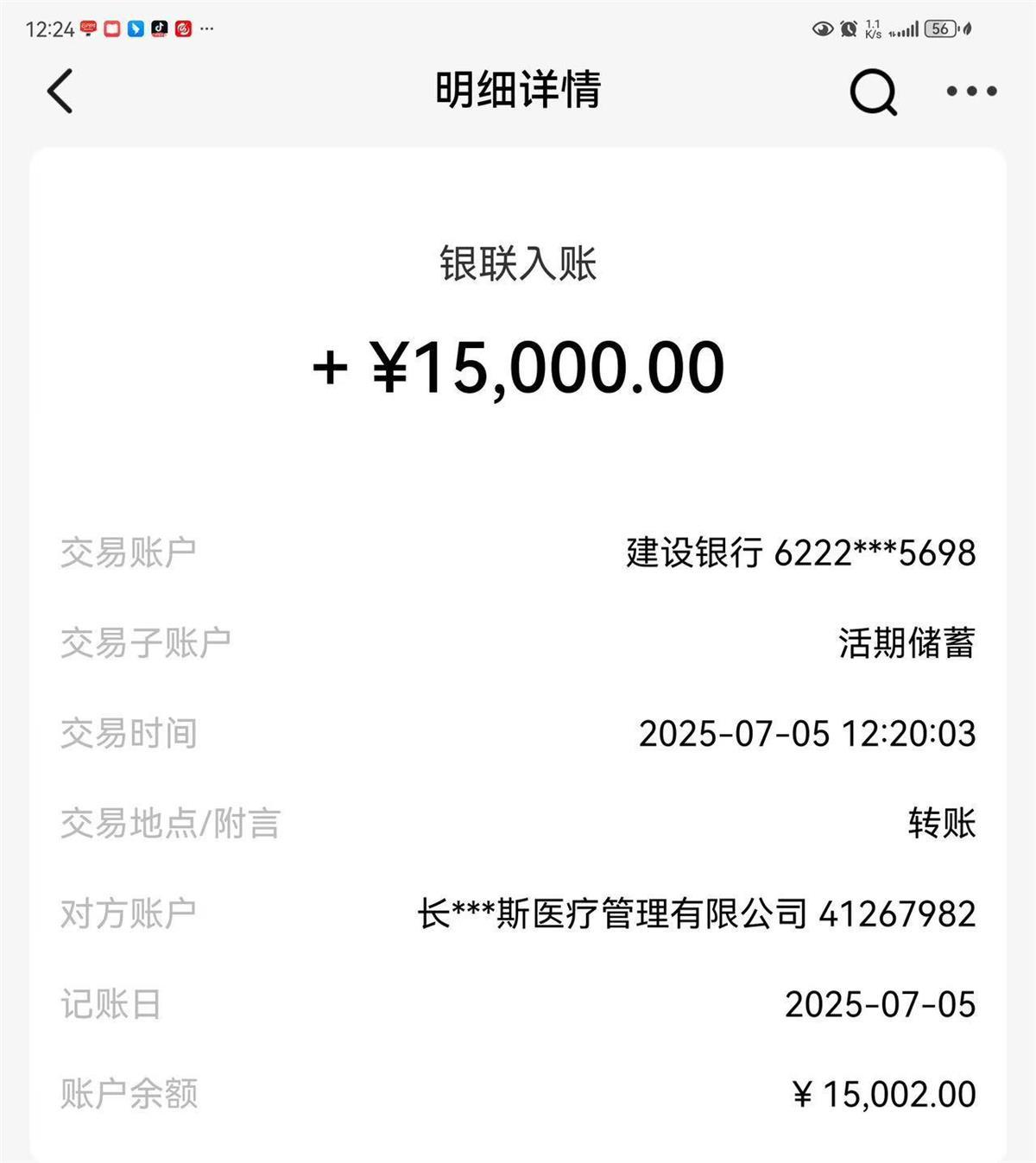 极目新闻记者瞿方 实习生向可欣。“术后我的脸部呈现青紫和硬块,想找医美组织时,客服人员却不予理睬。”6月29日,武汉胡女士向极目新闻记者反映,她置疑遭受医美拼房套路圈套。经多方查询,7月4日,极目新闻
...[详细]
极目新闻记者瞿方 实习生向可欣。“术后我的脸部呈现青紫和硬块,想找医美组织时,客服人员却不予理睬。”6月29日,武汉胡女士向极目新闻记者反映,她置疑遭受医美拼房套路圈套。经多方查询,7月4日,极目新闻
...[详细]
-
 人民网广州7月7日电 王雅蝶)据广东省气象局音讯,本年第4号飓风“丹娜丝”已于7月7日0时前后在台湾西部滨海登陆。估计,“丹娜丝”将以15公里左右的时速先向偏北后转偏西方向移动,向浙江台州至福建福州一
...[详细]
人民网广州7月7日电 王雅蝶)据广东省气象局音讯,本年第4号飓风“丹娜丝”已于7月7日0时前后在台湾西部滨海登陆。估计,“丹娜丝”将以15公里左右的时速先向偏北后转偏西方向移动,向浙江台州至福建福州一
...[详细]
-
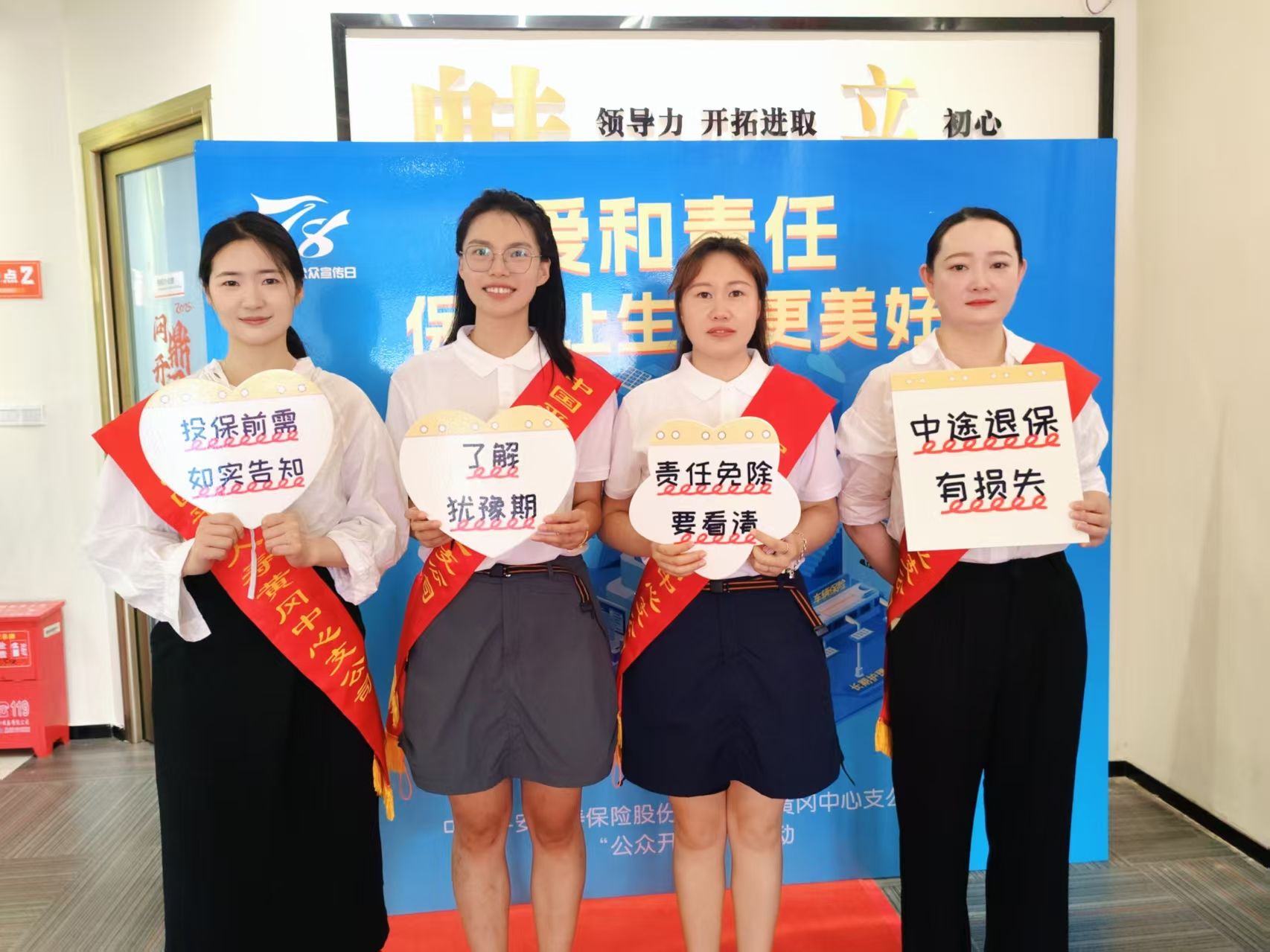 荆楚网湖北日报网)讯通讯员 周晶晶)近来,在7.8稳妥大众宣扬日即将来临之际,安全人寿黄冈中支紧扣“爱与职责,稳妥让日子更夸姣”主题,在公司职场举办了一场独具匠心的客户敞开日活动。活动经过金融常识宣扬
...[详细]
荆楚网湖北日报网)讯通讯员 周晶晶)近来,在7.8稳妥大众宣扬日即将来临之际,安全人寿黄冈中支紧扣“爱与职责,稳妥让日子更夸姣”主题,在公司职场举办了一场独具匠心的客户敞开日活动。活动经过金融常识宣扬
...[详细]
-
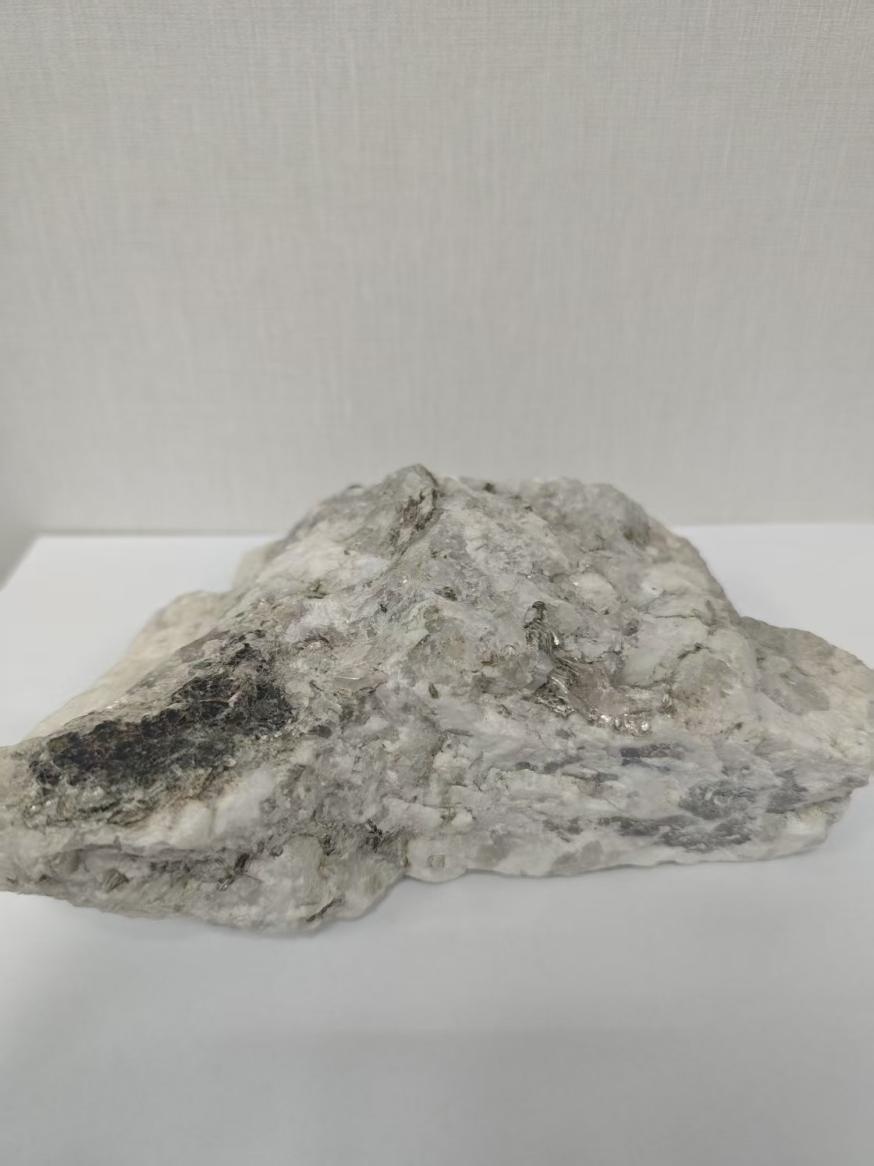 人民网北京4月10日电 记者王绍绍)4月10日,天然资源部发布了《新发现矿种公告》,我国在河南东秦岭区域、新疆阿勒泰区域新发现高纯石英矿。高纯石英矿原矿。天然资源部供图。记者了解到,高纯石英具有耐高
...[详细]
人民网北京4月10日电 记者王绍绍)4月10日,天然资源部发布了《新发现矿种公告》,我国在河南东秦岭区域、新疆阿勒泰区域新发现高纯石英矿。高纯石英矿原矿。天然资源部供图。记者了解到,高纯石英具有耐高
...[详细]
-
 1937年7月7日,宛平城头一声炮响,日本侵略者制作了震惊中外的“卢沟桥事故”。整体中华儿女冒着敌人的炮火共赴国难,取得了近代以来抗击外敌侵略的第一次彻底成功。88年过去了,巨大的我国人民抗日战争,给
...[详细]
1937年7月7日,宛平城头一声炮响,日本侵略者制作了震惊中外的“卢沟桥事故”。整体中华儿女冒着敌人的炮火共赴国难,取得了近代以来抗击外敌侵略的第一次彻底成功。88年过去了,巨大的我国人民抗日战争,给
...[详细]

 阿拉伯经济学家:美国滥施关税伤人伤己
阿拉伯经济学家:美国滥施关税伤人伤己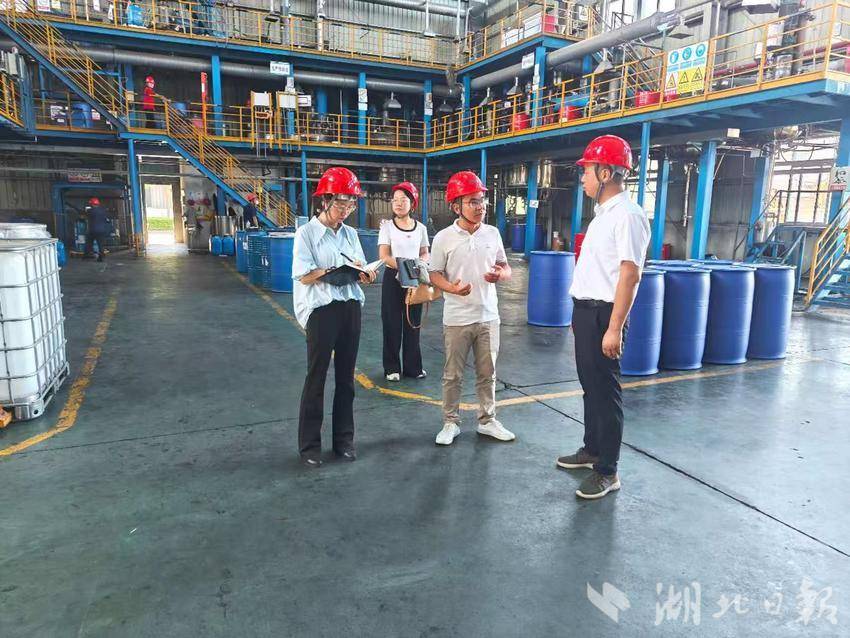 孝感市工商联调研赛孚工业园助开展
孝感市工商联调研赛孚工业园助开展 重走英豪路:抗战英烈用生命铺就了咱们的新征途
重走英豪路:抗战英烈用生命铺就了咱们的新征途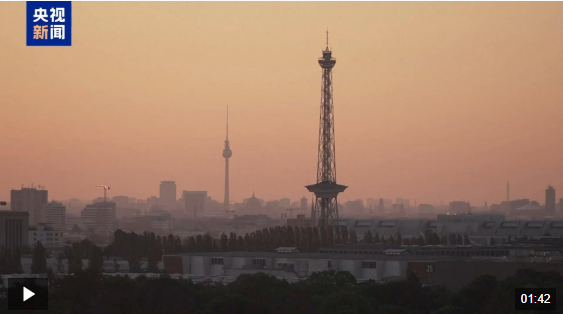 德经济界人士:美在贸易谈判中不断更改态度失掉可信度
德经济界人士:美在贸易谈判中不断更改态度失掉可信度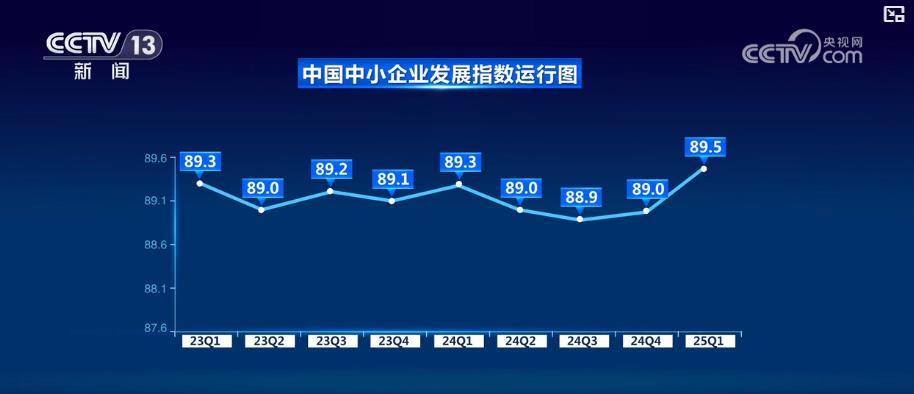 指数创新高、转型显成效、预期稳向好:中小企业一季度开展效果丰盛
指数创新高、转型显成效、预期稳向好:中小企业一季度开展效果丰盛